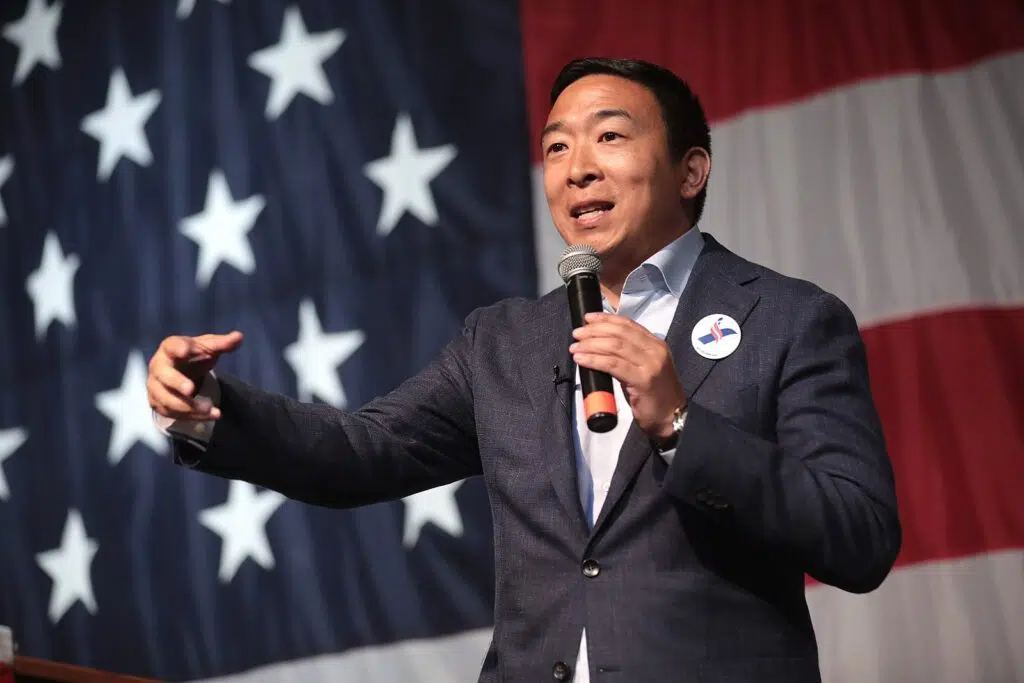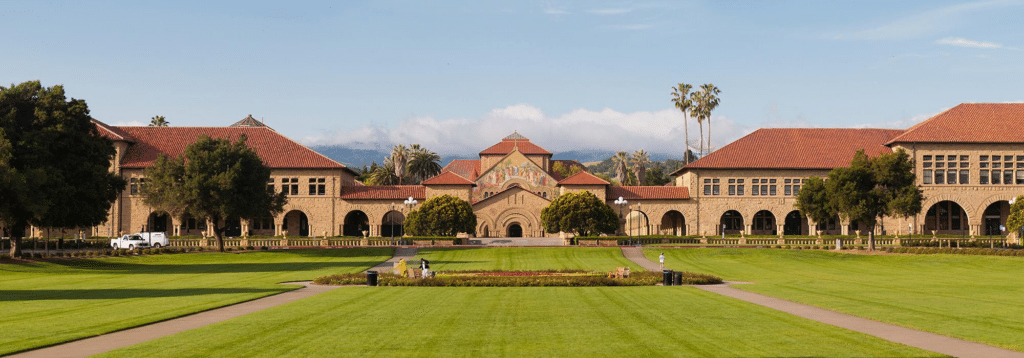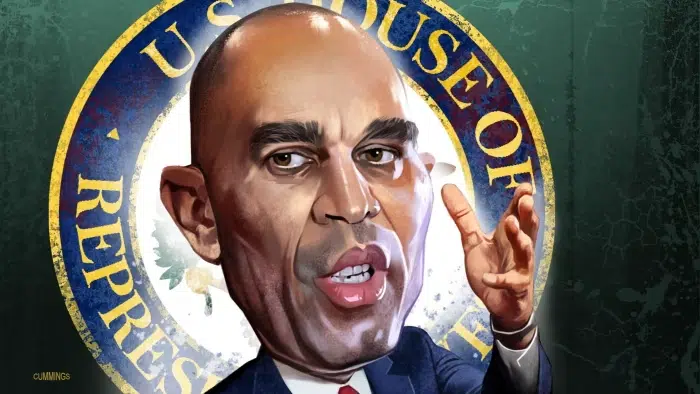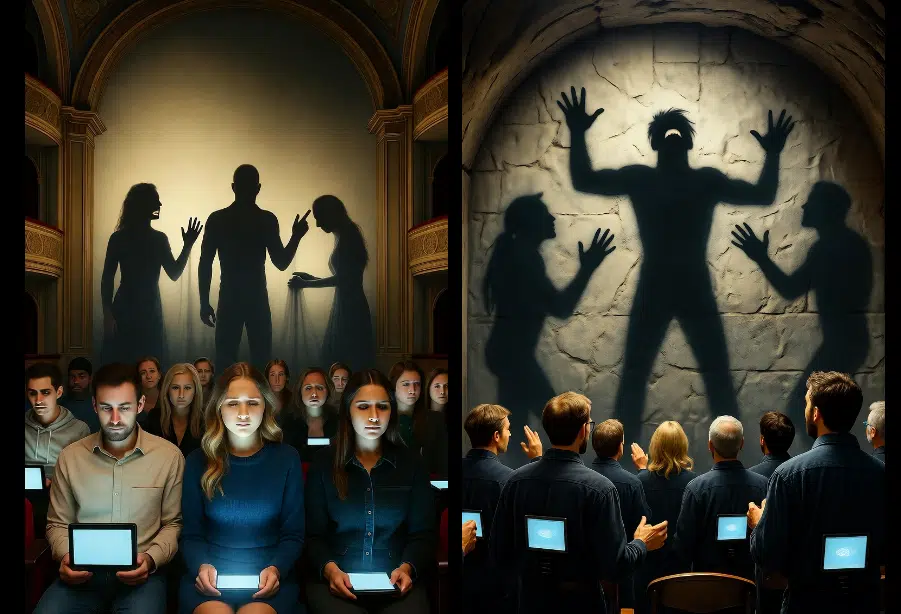
Yang’s Forward Party Stuck In Neutral
A little over two weeks in and Andrew Yang‘s new political party has no real platform.
So far, the Forward Party’s platform reads like a county party’s elections reform resolution. It calls for ranked-choice voting to eliminate the expense of primary runoffs, non-partisan “jungle primaries,” and independent redistricting commissions.
That’s it. Really.
Messaging from supporters so far consists of leftover Yang talking points from his presidential and New York City mayoral runs, including a call for universal basic income, though that’s not yet an official stance.
Is this what it takes to launch a new, lasting competitor to the Republican-Democrat dichotomy, or to winnow away support from either? Yang says yes, but more momentum is coming as Americans will inevitably grow tired of increased left-right polarization and will crave a middle-way.
Maybe that’s why Yang’s co-chair for this effort is former New Jersey Republican Governor Christine Todd Whitman, whose voting record was largely indistinguishable from even left-leaning Democrats.
Party leaders will hold a series of events in two dozen cities this autumn to roll out its platform and attract support. They will host an official launch in Houston on Sept. 24 and the party’s first national convention in a major U.S. city next summer.
The new party is being formed by a merger of three political groups that have emerged in recent years as a reaction to America’s increasingly polarized and gridlocked political system. The leaders cited a Gallup poll last year showing a record two-thirds of Americans believe a third party is needed.
FROM THE HIP: The Forward Party is an answer to a question that nobody’s asking.
But that’s not to say Yang’s clock isn’t always broken. He had a following, mainly among young pragmatists who find devotion to principles to be annoying distractions. Yang and company hit on the growing dissatisfaction with political parties, bargain-basement congressional and presidential approval ratings, and tribalism that make the turbulent ’60s look downright calm. Yet so far the message has been from supporters, and to paraphrase greatly, “I’m too embarrassed to be a Republican or a Democrat in front of my friends, so I’m joining a party that doesn’t make anyone mad at me.”
(Are you listening, Evan McMullin and David French?)
Here’s the harsh reality: If a true pragmatist or moderate is looking for a way to transcend the conservative-liberal or left-right divides in this country, then chances are they won’t mind sitting in either party and watering down their platforms. See also: Liz Cheney or even President Joe Biden who seems to favor World War III. You don’t see them marching toward a third party, nor are core principles all that important to them. They’ll hang around until pushed out (and its looking like Cheney might just be soon enough).
Historically, Forward has a long road ahead. It may have a moment like Ross Perot‘s Reform Party or Roseanne Barr and Cindy Sheehan‘s (remember her?) Peace and Freedom Party (and in its numerous state-per-state formats). But Forward will likely stay in first gear at its fastest.
As a matter of fact, no third party in America has ever become a major party without there first being a large schism in one of the two pre-existing major parties. The Republican Party rose from the ashes of the Whig Party (hence “Grand Ol’ Party” name even when the party was new). Ready for a quick history lesson? Former Whigs plus Free Soil Democrats plus Anti-Masons plus Abolitionists equaled a winning coalition of third parties, but only with the infrastructure of the Whig Party to take advantage of. A century-and-a-half later it supplanted the Southern Democratic regime when ultra-liberals and the Kennedy establishment hijacked the party.
Forward has yet to salvage anything other than professional disdain for grassroots. Will people march for technical election reforms, pragmatic polemics, and mushy-middle sentiments? I think we all know the answer to that.
Maybe all Yang has to do is wait until after 2024 and pick up some pieces. If a party was ever on a collision course it’s definitely the Democratic Party. Republicans certainly won’t run to it should the GOP implode.



